Legal Path to Further Oromo Dispossession? The Oromo People Must Reject the Draft Property Ownership Proclamation
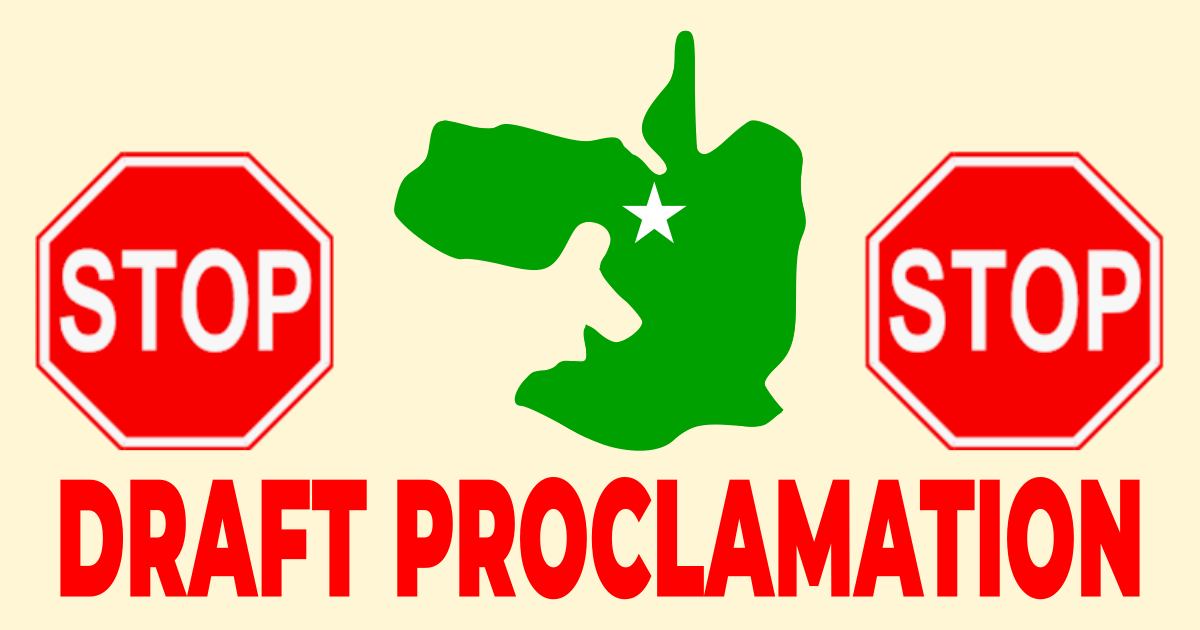
Excerpt:
A dangerous new draft law in Ethiopia threatens to legalize a deeper level of Oromo dispossession by allowing foreign nationals to own immovable property—including ancestral lands in Oromia. More than just an economic shift, this proposed legislation risks permanently severing the Oromo people from their land, culture, and identity. What’s at stake is not mere property, but the very soul of a nation. This article issues a call to resist this veiled form of neocolonialism and defend indigenous sovereignty before it’s too late.
Legal Path to Further Oromo Dispossession?
A draft law may hand ancestral lands to foreign tycoons. More than property is at stake—identity, culture, and future hang in the balance.
The Oromo People Must Reject the Draft Property Ownership Proclamation
A draft proclamation allowing foreign nationals to own immovable property in Ethiopia is now under consideration (Addis Standard, May 1,2025).
While it may be promoted as an investment-friendly measure designed to stimulate economic growth, its deeper implications—especially for Oromia—are profoundly troubling. It signals a new and insidious chapter in the dispossession of indigenous Oromos, masked under the euphemism of development.
For years, the Oromo people have watched as vast swathes of their ancestral lands were transferred to foreign investors, often behind closed doors. Farmlands that once sustained generations were handed over with little consultation or compensation. Now, this draft law threatens to formalize and accelerate that process. It opens the door to the permanent transfer of Oromo land—not just its use, but its outright ownership—to powerful foreign interests, many of whom already hold extensive real estate and agricultural concessions in the region.
Let us be clear: this is not about investment; it is about ownership, which takes the threat several steps further. Ownership determines who inherits the land, who makes decisions about its use, and who benefits from its resources. It is about power and permanence. When land is lost, culture follows. When ownership shifts away from local communities, so does control over history, language, customs, and livelihoods. The risk is not merely economic—it is existential.
The proposed legislation bears the marks of a deeply troubling agenda—one long championed by groups with expansionist dreams and little regard for the indigenous peoples of Ethiopia. The neocolonial ambitions of political entities like the EZEMA party are not new. Their efforts to dilute Oromo claims to land and heritage have taken many forms—this draft proclamation may be their most dangerous and effective strategy yet.
This is not just a legal or economic issue. It is an existential threat to the identity and sovereignty of the Oromo people. If passed, the law could pave the way for large-scale evictions, forced sales, and the erasure of entire communities under the guise of “development.” Rural livelihoods would be sacrificed to market forces, and urban centers could become unaffordable and unrecognizable for the very communities that built them. It will just be another Oromo Dispossession.
The Calii Tuulama of central Oromia, whose struggles are etched in recent memory as symbols of defiance and resilience, could once again be forced into a fight for survival. What is now proposed would effectively transform the Calii Tuulama into a Calii Oromo—a national trauma encompassing the whole of Oromia. Of course, this cannot be viewed in isolation. It echoes the historical Calii Aannolee and Calii Calanqqoo—dark episodes that remain engraved in the collective memory of the Oromo people as testaments to systemic dispossession and resistance.
As Oromo citizens, we must raise our voices before this draft becomes law. We must demand full transparency, inclusive consultations, and the legal protection of indigenous rights. Laws that fundamentally alter the fate of millions must never be drafted behind closed doors or pushed forward without public consent.
Ethiopia’s economic future must not be built on the graves of its indigenous peoples. Development must be fair, inclusive, and deeply rooted in local realities. We cannot afford another wave of displacement masked as progress.
We call on the federal government to immediately freeze this draft legislation and open a nationwide dialogue. We call on civil society, scholars, activists, and Oromo youth to organize, educate, and resist with clarity and resolve.
And we call on international observers, human rights organizations, and foreign allies to recognize the dangerous precedent such a law would set—not just for Ethiopia, but for indigenous peoples across Africa.
In Oromo philosophy, land is not property — it is ancestry. Not possession, but personhood. The soil (biyyee) is not only soil; it is spirit. It is culture. It is memory. It is the living breath of the nation and country (biyya) itself.
To strip a people of their land is to rob them of their past and deny them a future.
Let this be the generation that says no—not again, not in our name.
No to legal path to further Oromo Dispossession!
No to further Oromo Dispossession!
Related Reference
- Council passes draft law to allow foreign nationals own ‘immovable property’ in Ethiopia, Addis Standard, May 1, 2025.
- Development Draped in Dispossession: The Tragedy Behind the Abuu Seeraa Airport Deal, April 23, 2025, OROMIA TODAY.
- The Oromo People Demand a Prerequisite for the Abbuu Seeraa Airport Project, 27 April 2025, OROMIA TODAY.
- United Nations Declaration on the Rights of Indigenous Peoples (UNDRIP), adopted on 13 September 2007, United Nations.

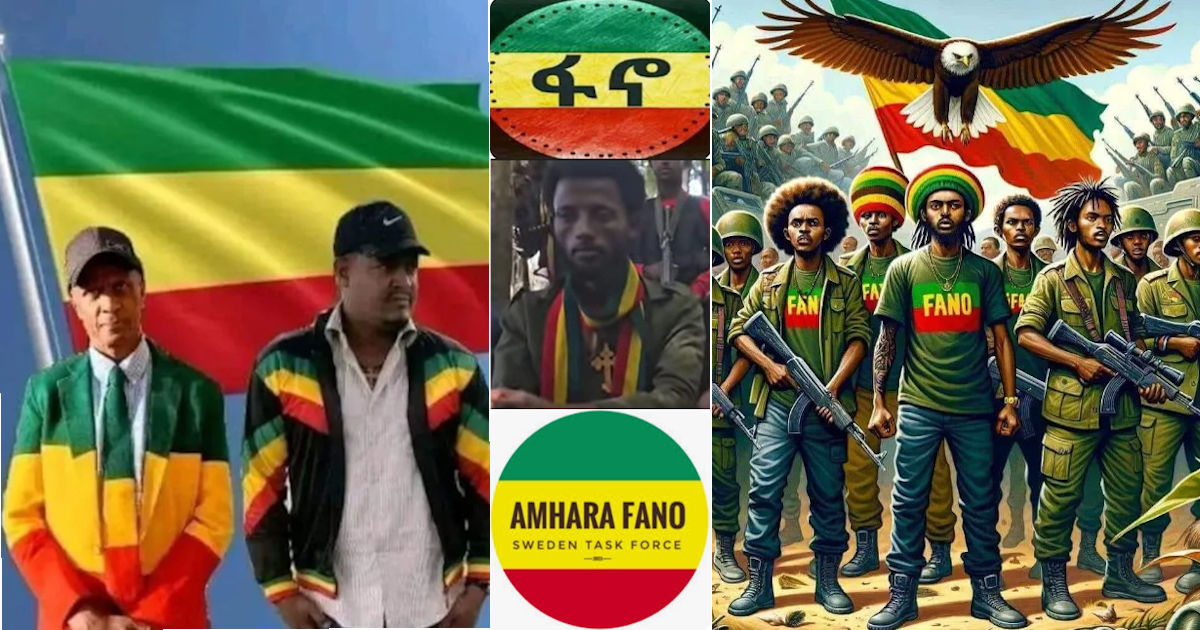
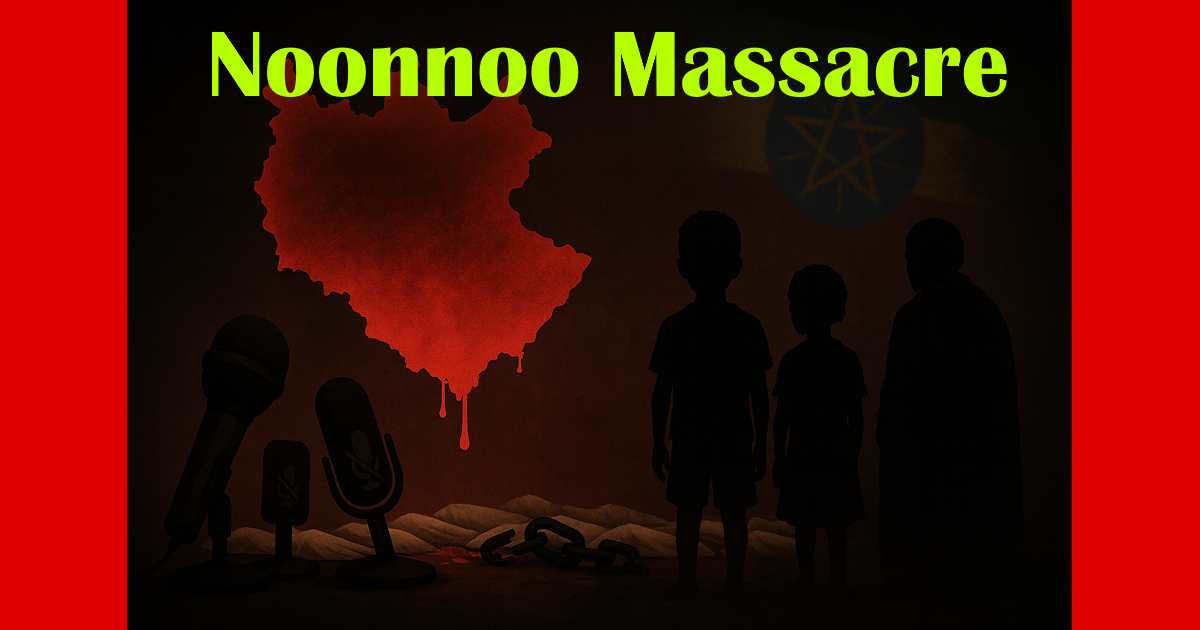
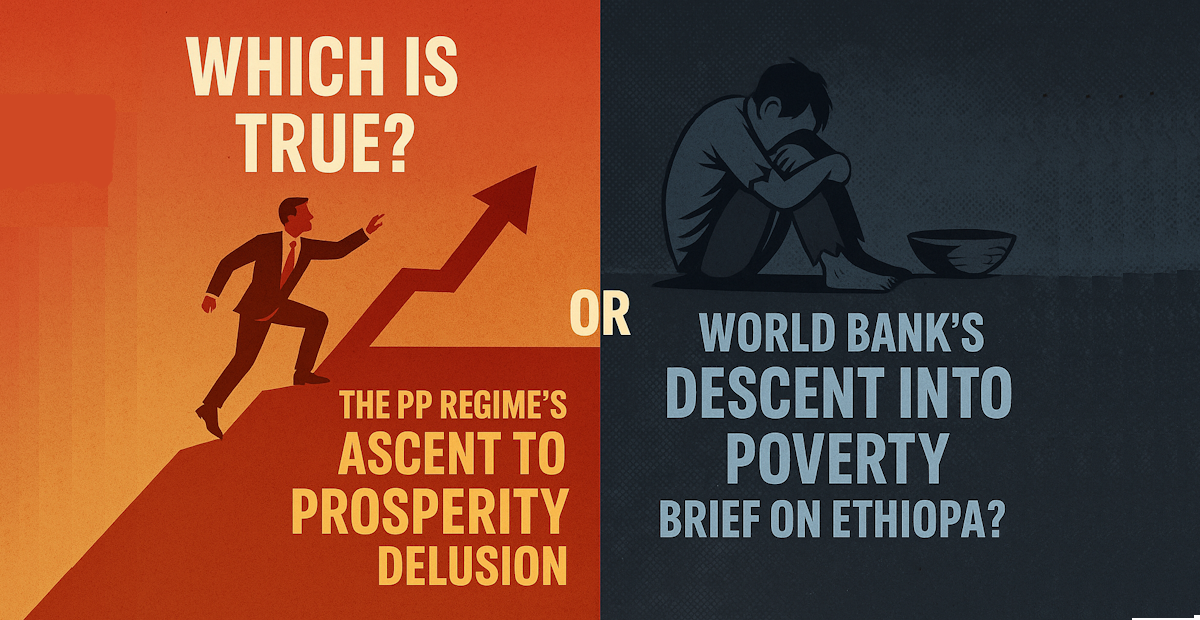
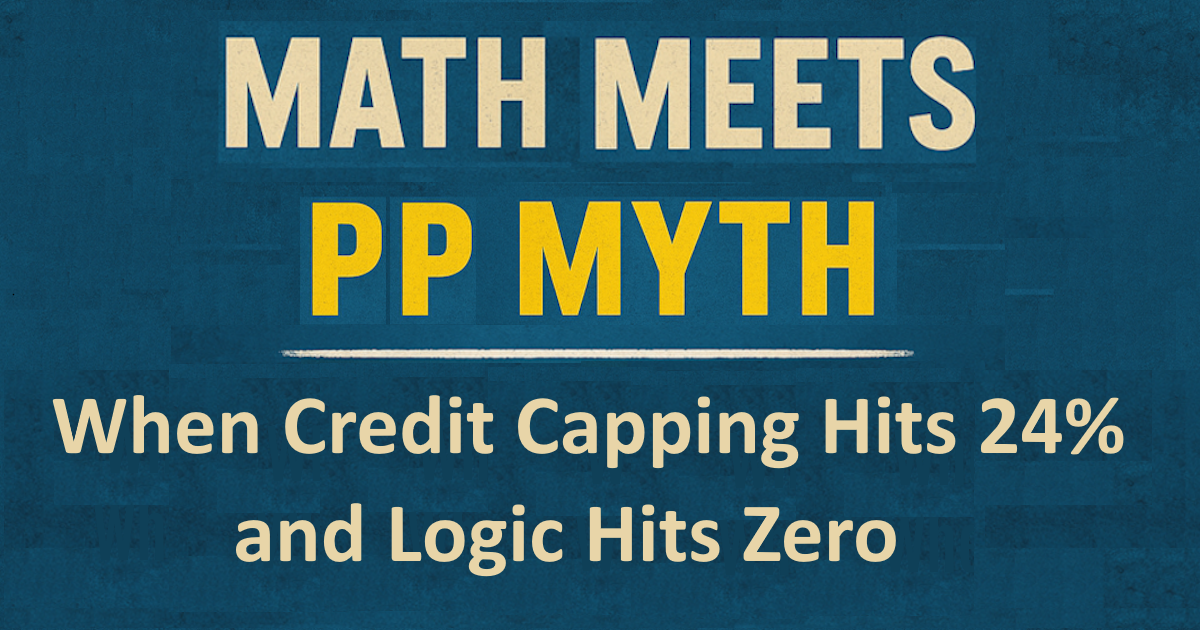
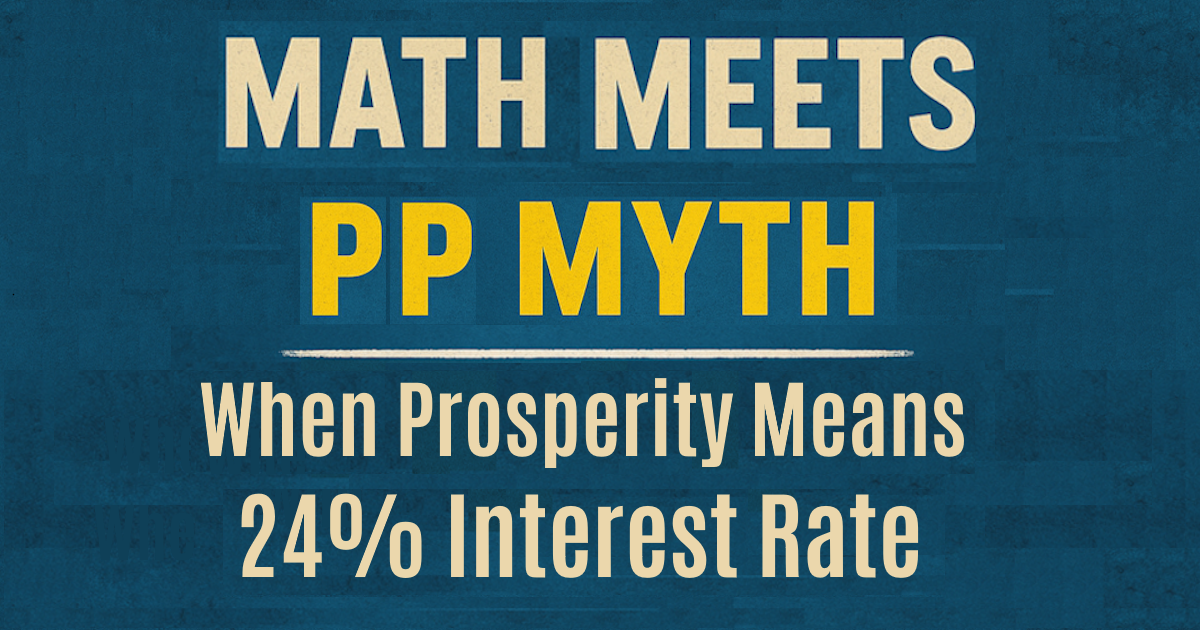

These are genuinely fantastic ideas in about blogging.
You have touched some good points here. Any way keep up writing.
Can I just say what a comfort to find a person that really knows what they are discussing on the net.
You actually realize how to bring a problem to light and make it important.
More and more people have to check this out and understand this side of your story.
I was surprised you’re not more popular given that you most
certainly have the gift.